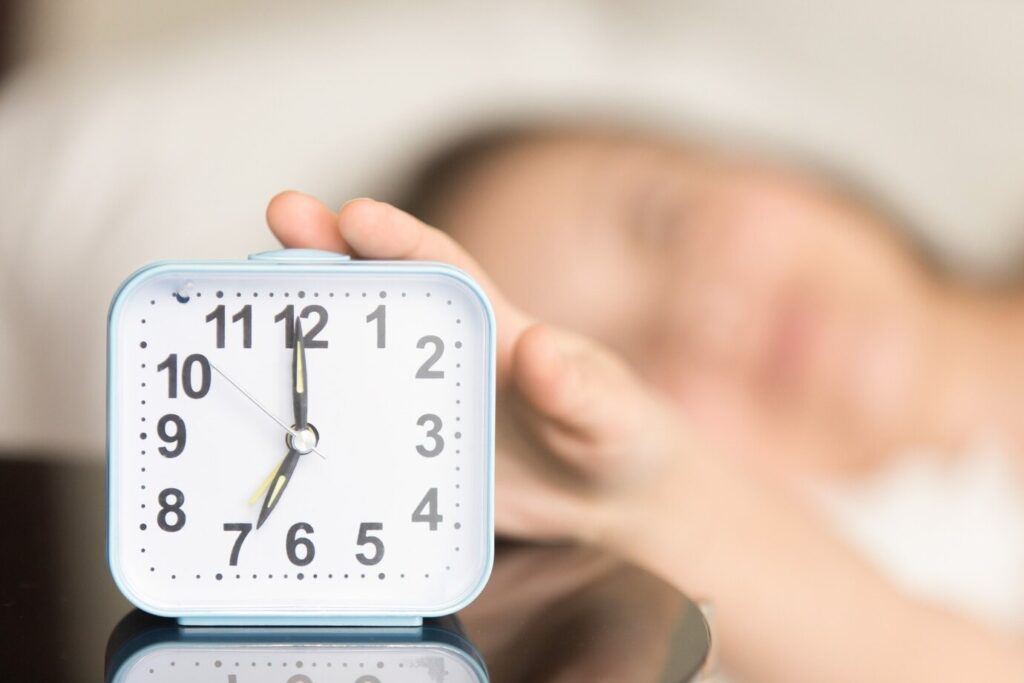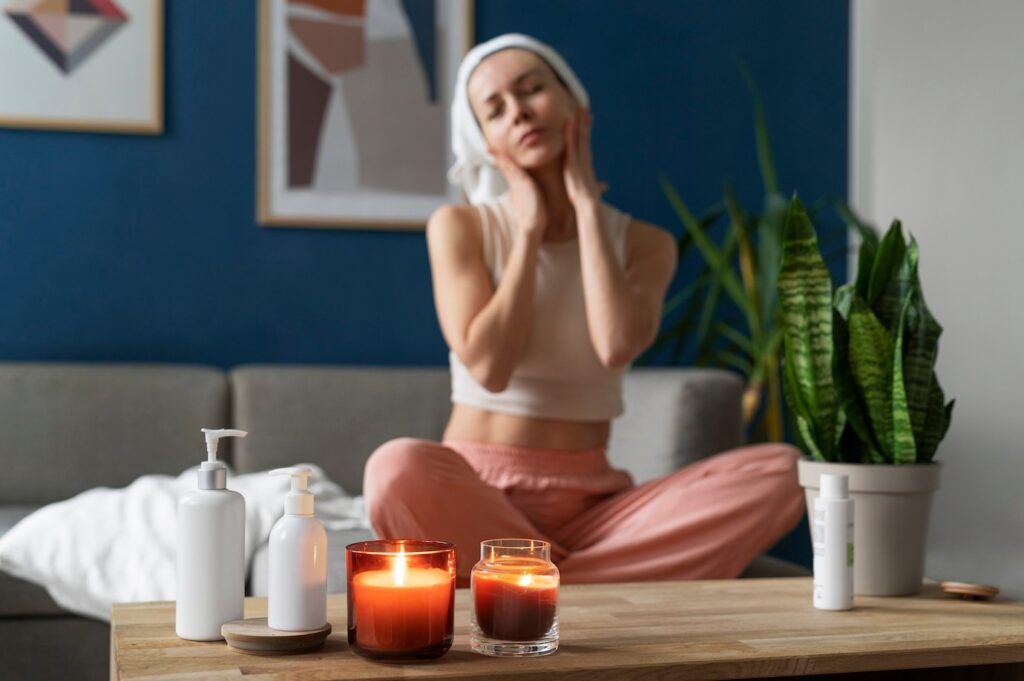Falling asleep quickly can be a challenge for many people, even after a long, hard day.
Fortunately, there are a few habits that you can adopt to help you fall asleep faster.
Even something as simple as an adjustable bed can make a big difference.
Today, find out about some basic changes that you can make to help you turn falling asleep from a long, tedious process into something you look forward to each night.
1. Create a Consistent Sleep Schedule

The importance of a regular bedtime cannot be overstated.
Going to bed and waking up at or near the same time every day helps regulate your circadian rhythm, making it easier to fall asleep and wake up naturally.
To get started, choose a bedtime that allows you to get at least seven to eight hours of sleep each night and stick to it.
Avoid the temptation to stay up late or sleep in on weekends, as this can disrupt your sleep pattern and make it harder to fall asleep during the week.
2. Optimize Your Sleep Environment
Your sleeping environment is an important part of falling asleep and staying asleep.
Make sure your sleeping area is quiet, dark, and cool to create the ideal conditions for restful sleep.
Blackout curtains, earplugs, and white noise machines can help block out disruptive light and sound.
Keeping the room at a comfortable temperature can also promote better sleep.
Finally, be sure to choose a bedroom furniture set that emphasizes comfort and helps you keep the space organized, as it’s easier to fall asleep in a neat and tidy space.
3. Limit Exposure to Screens Before Bed
Electronic devices, like phones and tablets, emit a blue light that makes it harder for your brain to produce melatonin, which is your body’s naturally occurring sleep chemical.
With this in mind, start putting down your phone around an hour before you’re ready to sleep and spend some time reading a book or doing a crossword puzzle to help you unwind.
If you can’t avoid using an electronic device before bed, consider investing in a blue light filter or getting a pair of blue light glasses to help minimize the effects.
4. Consider Using Relaxation Techniques

Meditation helps quiet the mind by focusing on the present moment, reducing the racing thoughts that often keep people awake at night.
Guided meditation, breathing exercises, or even routine stretching can help you focus your mind and turn off the thoughts that are racing through your head before you go to bed.
Once you’re ready to lie down, you’ll feel relaxed and ready to get a good night’s sleep.
If you’re struggling to get comfortable, consider whether your current bed setup is contributing to the problem.
Investing in an adjustable bed or an adjustable mattress can offer personalized support and comfort, allowing you to find the perfect position for relaxation.
An adjustable base can help you elevate your head and feet, while an adjustable mattress provides tailored firmness to support your body as you practice relaxation techniques.
By combining these tools with relaxation exercises, you can create an environment conducive to falling asleep faster.
5. Avoid Caffeine and Large Meals Before Bed
What you put into your body before bed can have a direct impact on how long it takes you to fall asleep.
Caffeine, found in coffee, tea, and certain sodas, is a stimulant that can stay in your system for up to six hours, which makes it incredibly difficult to wind down when bedtime rolls around.
Consuming it too late in the day can make it difficult to fall asleep and reduce sleep quality.
Try to avoid caffeine at least six hours before bedtime to ensure it doesn’t interfere with your sleep.
Large meals too close to bedtime also create a problem, as the body goes through the digestive process, which includes the release of several hormones that can disrupt your sleep.
If you find yourself feeling hungry before bed, consider a healthy snack like a piece of fruit or a handful of almonds.
6. Create a Bedtime Routine
Falling asleep quickly is largely about training your brain to recognize when it’s bedtime, and a nightly routine is a great way to do that.
This routine might include activities like reading, listening to calming music, or taking a warm bath.
Engaging in these relaxing activities can help you transition from the busyness of the day to a more peaceful state conducive to sleep.
7. Exercise Regularly

If you don’t feel like your body is tired when you go to bed, consider spending some time exercising during the day.
Rest is your body’s natural way of healing itself, and when you exercise, you create the need for rest.
However, timing is crucial. Aim to finish exercising at least a few hours before bedtime, as vigorous activity too close to sleep can have the opposite effect and make it harder to fall asleep.
Choose activities that you enjoy, whether it’s a brisk walk, yoga, or a workout at the gym.
Even moderate exercise during the day can have a positive impact on your ability to fall asleep at night.
Remember, consistency is key, so aim to include some form of physical activity in your daily routine for the best results.
8. Use Your Bed Only for Sleep and Relaxation
Remember, your goal is to train your brain to think that it’s time to fall asleep.
With this in mind, try to avoid using your bed for anything other than sleeping.
In a time when remote work is more popular than ever, it’s easy to sit in bed and work, but this leads to your brain associating your bed with work.
If you must work in your bedroom, try to create a small space to the side where you can sit at a table and do your work.
Start Falling Asleep Faster Today
Laying down to go to bed shouldn’t be an hours-long battle.
These tips can help you get your mind and body accustomed to falling asleep shortly after lying down.
Get some rest; you deserve it!

